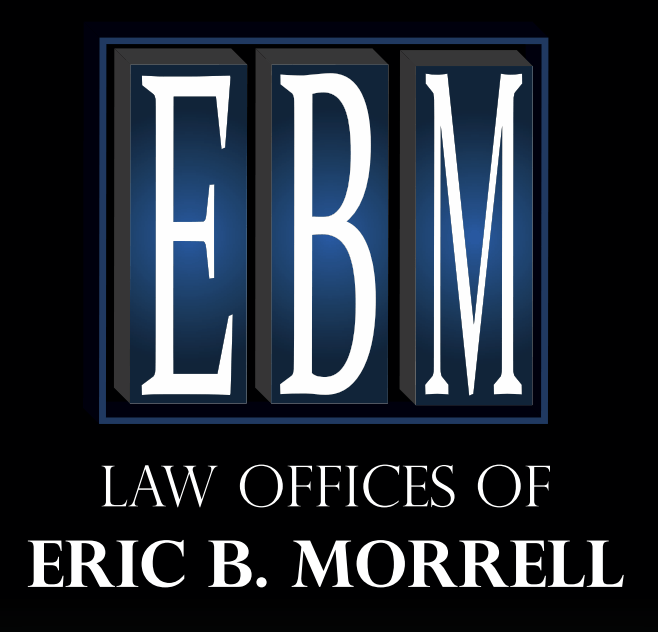Navigating the Complexities of DRE Evidence in DUI Drug Cases and DWI Plea Bargaining: A Comprehensive Guide by the Law Offices of Eric B. Morrell
Background
In the realm of
DWI, understanding the admissibility of
Drug Recognition Expert (DRE) evidence is crucial. Recent legal precedents, such as
State vs. Olenowski (Olenowski II), have highlighted the standards governing the use of DRE testimony in cases involving driving under the influence of drugs. At the
Law Offices of Eric B. Morrell, our legal team is well-versed in the intricacies of DRE evidence, offering comprehensive guidance to clients facing DUI drug charges. Our offices practice DWI law for over 25 years and are familiar with both drug and alcohol DWI cases.
Admissibility of DRE Evidence
The legal landscape surrounding DRE evidence is defined by the landmark case Olenowski II, where the Supreme Court outlined specific guidelines for its admissibility. NJSA 39:4-50 prohibits impaired driving whether through alcohol or drugs. Despite a Blood Alcohol Content (BAC) above 0.08% leads to a
per se violation, there is no such equivalent that exists for drugs. Our firm recognizes the significance of this ruling and its implications for both the prosecution and defense in DUI drug cases.
Part I: DRE 12-Step Protocol
Detecting whether a driver is under the influence of drugs is a challenging process and can be difficult for law enforcement to detect. Thus, law enforcement and researchers developed a
12-Step Protocol to enable such detection. This 12 Step Protocol is as follows:
(1) A breath alcohol test;
(2) An interview of the arresting officer;
(3) A preliminary examination and first pulse check;
(4) A series of eye examinations;
(5) Four divided attention tests;
(6) A second examination and vital signs check;
(7) A dark room examination of pupil size and ingestion sites;
(8) An assessment of muscle tone;
(9) A check for injection sites;
(10) An interrogation of the driver by the DRE; 2
(11) A final opinion, based on the totality of the examination, about whether the driver is under the influence of a drug or drugs; and
(12) A toxicological analysis.
Any violation of
1 or more
of these steps invalidates the DRE’s evaluation and can be used as a factor for inadmissibility of DRE evidence.
Confirmation Bias
Recognizing the inherent risks of
confirmation bias in the DRE protocol, our firm acknowledges the subjective nature of certain examinations. Drivers admitting to drug use during evaluations may influence how the DRE evaluates the driver. Resultantly, DRE’s are called to the incident when there is only a suspected drunk driver. When encountering DRE’s, we understand the palpable risks of confirmation bias when a DRE officer administers the protocol. As such, our offices recognize the limitations a DRE’s opinion may have as a result of the Olenowski decision, and are prepared to create defenses to ensure a great result.
Our offices recently represented a client that interacted with a DRE during a traffic stop. Once pulled over, our client provided a
urine sample, which was sent to the New Jersey State Police and later tested positive for Xanax. While our client’s urine sample provided evidence of prior ingestion, it did not identify whether they were under the influence. The Olenowski decision indicates that the DRE must make a reasonable attempt to obtain a
blood sample
as a positive toxicology report from a blood sample is a clear indicator of impairment. As a result, our offices were able to recognize the inconsistency in the toxicology report as our client only provided the DRE a urine sample, and were able to have their charge remanded to Reckless Driving instead of a DUI.
Future of DWI Plea Bargaining
The future of
DWI
plea bargaining in New Jersey is undergoing a significant transformation, primarily due to the withdrawal of
Guideline 4, which previously prohibited plea agreements in driving while intoxicated (DWI) cases. With the repeal of this guideline, previously restricted plea negotiations in DWI cases can now be conducted, allowing for more flexibility in resolving these cases.
The new rules allow for plea deals in DWI cases, but with some conditions. If someone is convicted of driving under the influence of certain drugs, they might lose their driving privileges for at least six months. Additionally, there are strict guidelines in place to ensure that these plea deals are fair and in line with the law.
The withdrawal of Guideline 4 also has implications for existing case law and administrative procedures. While some precedents are overruled, others remain unaffected, underscoring the evolving nature of DWI law in New Jersey. This means lawyers need to stay updated to help their clients navigate these changes effectively.
Our law offices understand the importance of staying up-to-date with the new Superior Court Order. At the
Law Offices of Eric B. Morrell, we prioritize staying informed by regularly attending seminars and engaging with new legal developments. This proactive approach ensures that we are equipped to navigate the complexities of the legal landscape effectively, providing our clients with the most knowledgeable and informed representation possible. With every case we are committed to achieving great outcomes for our clients and advocate to the full exercise of their rights.
EBM Law’s Commitment
The Law Offices of Eric B. Morrell, located at 142 Livingston Ave, New Brunswick NJ 08901, are committed to helping our clients fight for the appropriate assessment. Eric B. Morrell has over 20 years of experience in defending clients with criminal charges. Some charges that he routinely deals with are:
1. Criminal Defense
2. DUI/DWI
3. Guns and Weapons Crimes
4. Pre-Trial Detention Hearings
5. Expungements for Prior Convictions








